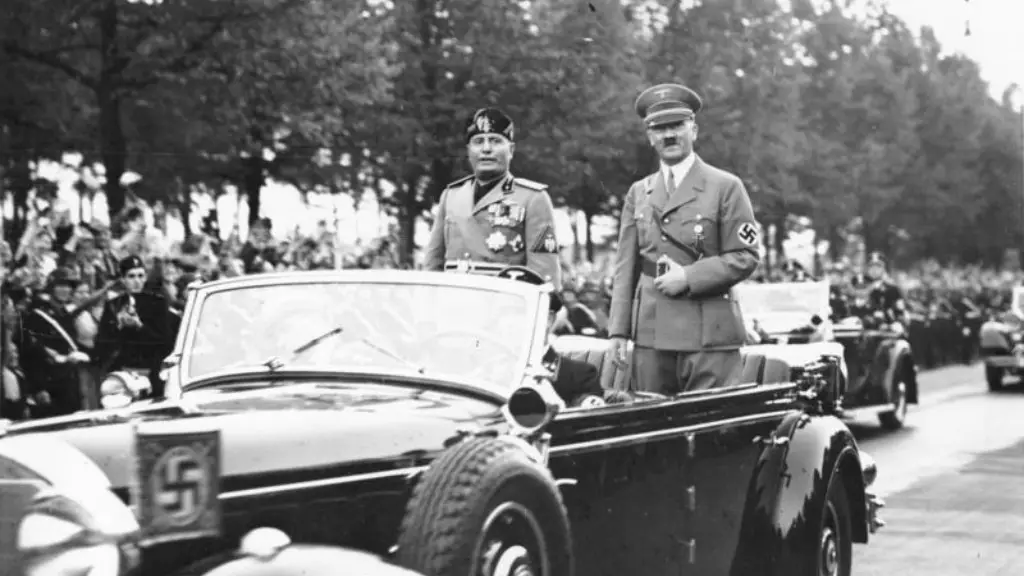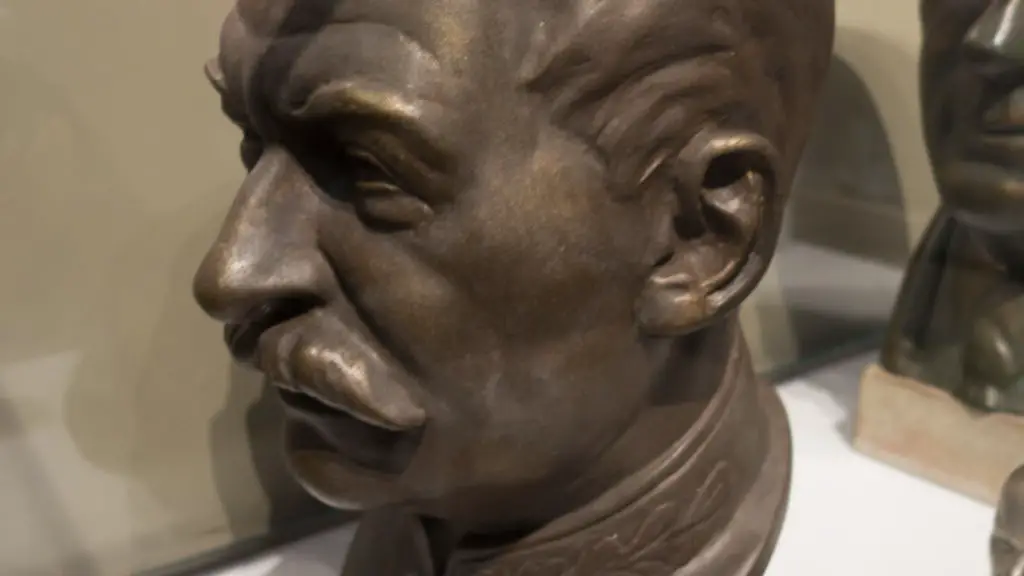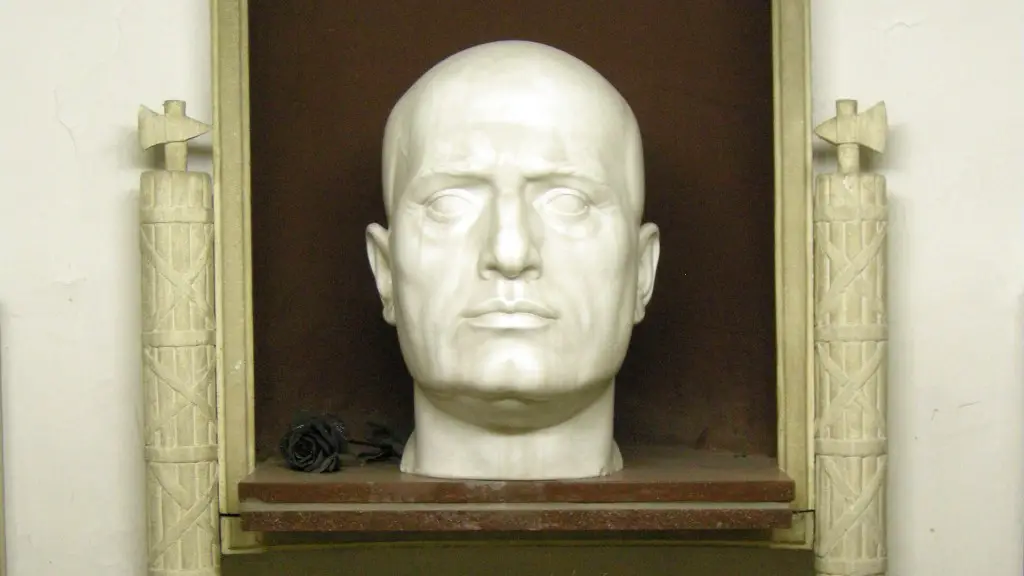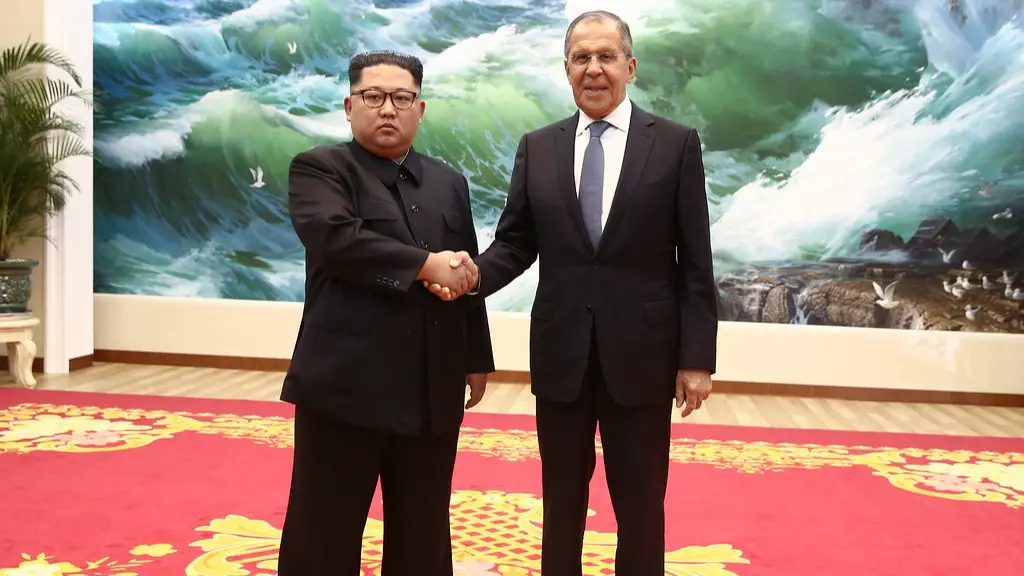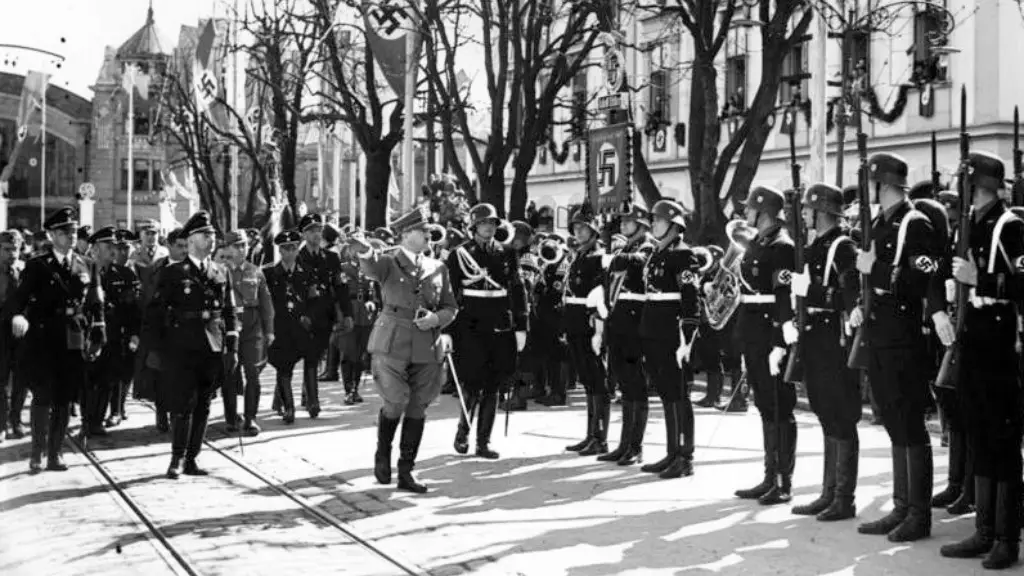Benito Mussolini was an Italian politician and journalist who became the country’s Prime Minister in 1922. He was a strong advocate for totalitarianism and dictatorship, and he wanted to transform Italy into a powerful, autocratic state. Mussolini believed that Italy needed to reclaim its place as a great world power, and he pursued an aggressive foreign policy in an attempt to make this happen. Under his rule, Italy became increasingly totalitarian and fascist, and ultimately joined forces with Nazi Germany during World War II.
Benito Mussolini wanted to turn Italy into a powerful and modern nation. He believed that industrialization was key to this transformation, and he also advocated for aggressive military expansion. He wanted Italy to be respected and feared by other countries, and he saw himself as the leader who could make this happen. Ultimately, Mussolini’s goal was to create a new Roman Empire with himself at the helm.
What were Benito Mussolini goals for his country?
One of Mussolini’s goals was to create an Italian empire in North Africa. In 1912 and 1913, Italy had conquered Libya. In 1935, he provoked war with Ethiopia, conquering the country in eight months.
Mussolini believed that society should be organized around a strong national identity, rather than social class or political affiliation. He thought that only a “ruthless and energetic” dictator could make a “clean sweep” of Italy and restore it to its national promise.
What did Mussolini promise to his country
Mussolini was a newspaper editor and politician who founded the Fascist Party in 1919. As economic conditions worsened, his popularity rapidly increased. He promised to rescue Italy by reviving its economy and rebuilding its armed forces. Mussolini was a controversial figure and his leadership was often questioned. However, he was able to bring about some positive changes in Italy during his time in office.
Mussolini was a committed fascist by 1918. He believed in a national struggle that transcended class lines, rather than a class struggle. He was an ardent Italian nationalist and supported Italian military participation during the war.
What was Mussolini’s main ideas?
Mussolini was a strong leader who believed that only a strong leader could unite the people to overcome Italy’s postwar mass unemployment, chaotic political party conflicts, and strikes by socialists and communists. In 1919, Mussolini organized his fascist movement in the northern city of Milan.
Mussolini was a strong advocate for government ownership and control of the economy. He believed that this would help Italy to emerge from World War I as a powerful empire, like Great Britain, France, and Germany. However, he was outraged when socialists opposed Italian entry into the war.
What big things did Mussolini do?
After becoming prime minister, Mussolini reduced the influence of the judiciary, muzzled a free press, arrested political opponents, continued condoning fascist squad violence and otherwise consolidated his hold on power. These actions effectively turned Italy into a dictatorship, with Mussolini as its leader.
Mussolini’s views on socialism changed over time, and he eventually came to oppose egalitarianism and class conflict. He instead advocated for “revolutionary nationalism” which would transcend class lines. This led him to found the fascist movement.
What was the goal of fascism in Italy
Italian fascism was rooted in Italian nationalism, national syndicalism, revolutionary nationalism, and the desire to restore and expand Italian territories. Italian Fascists deemed these things necessary for a nation to assert its superiority and strength and to avoid succumbing to decay.
Mussolini saw the Great Depression as an opportunity to provide land for unemployed Italians and also acquire more mineral resources. He believed that this would help fight off the effects of the Great Depression.
What did Mussolini believe about war?
Italian Socialist Benito Mussolini envisioned war as the prerequisite for revolution. He helped push Italy into World War I. After combat service and medical discharge in 1917, he demanded war until victory. In 1919, he founded the Fascist movement.
Although the US had been involved in European affairs before, this was the first time that it had been pulled into a large-scale conflict in that theater. Germany and Italy’s declaration of war thus changed the focus of the war for the US, which had been primarily focused on the Pacific up to that point. The entry of Italy into the war also meant that the Allies now had a presence in the Mediterranean, which would be crucial to winning the war in that theater.
What are the 5 main ideas of fascism
There are a number of common themes that are often seen in fascist movements. These can include things like a focus on authoritarianism, nationalism, hierarchy and elitism, and militarism. Additionally, other aspects of fascism such as its “myth of decadence”, anti-egalitarianism and totalitarianism can also be traced back to these core ideas. Understanding these common themes can help to better identify and oppose fascist movements as they emerge.
Mussolini’s primary aim was to make Italy a world power. This was to be accomplished through military conquest and economic domination. Mussolini believed that the only way for Italy to become a world power was to be aggressive and to never back down from a challenge.
What is a fascism in simple terms?
Fascism is a way of organizing a society in which a government ruled by a dictator controls the lives of the people and in which people are not allowed to disagree with the government.
Mussolini was a dictator who ruled with an iron fist. He was known as “Il Duce” (the Leader) and he projected himself as an omnipotent and indispensable leader. His government expelled all opposition, including Socialist members and arrested all Communist members of Parliament. He was a ruthless ruler who did not tolerate any dissent.
What is the main aim of fascism
Fascism is a political ideology that is opposed to liberalism, communism, and conservatism. The main goal of fascism is to create a nationalistic dictatorship that will regulate the economy and structure social relations within a modern, self-determined culture to transform a nation into an empire.
Benito Mussolini was an Italian political leader who became the fascist dictator of Italy from 1925 to 1945. Originally a revolutionary socialist and a newspaper journalist and editor, Mussolini forged Italy’s violent paramilitary fascist movement in 1919 and declared himself prime minister in 1922. An adept politician, Mussolini restored order and prosperity to war-torn Italy and was hailed as a national hero. But as his power grew, so did his authoritarianism and his brutal repression of opponents. Ultimately, Mussolini’s megalomania and his disastrous military adventuring led to his downfall and to the Allied occupation of Italy in 1943. He was executed by his own countrymen in 1945.
Warp Up
Mussolini wanted to make Italy a powerful and respected nation. He believed that Italy should have a strong military, and he worked to build up the country’s industries. He also wanted to tighten the government’s control over the people, and he limited freedom of speech and other civil liberties.
Benito Mussolini wanted to make Italy the greatest country in the world. He wanted to do this by making the country economically prosperous and by building up the military. Mussolini also wanted to create a unified Italian culture, and he believed that this could be achieved by funnelling money into education and the arts. Ultimately, Mussolini wanted to create a new Roman Empire, with Italy at its centre.
